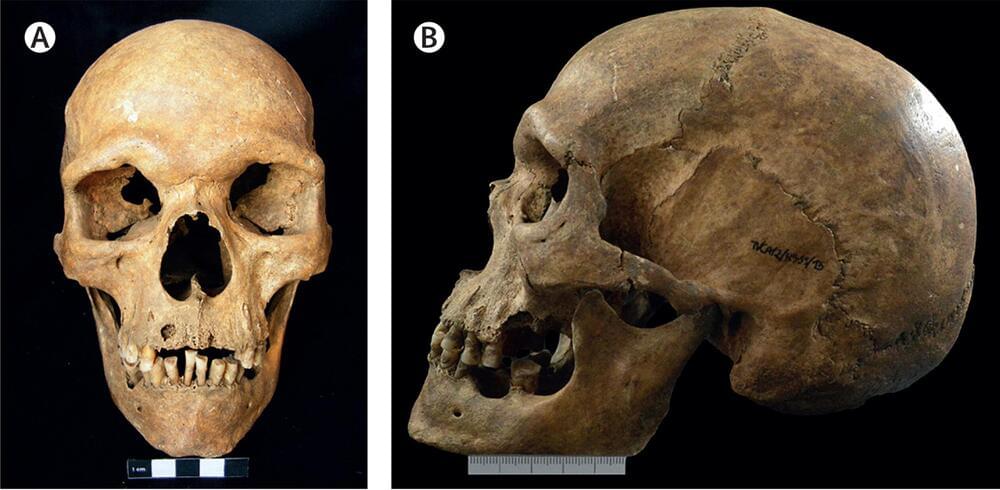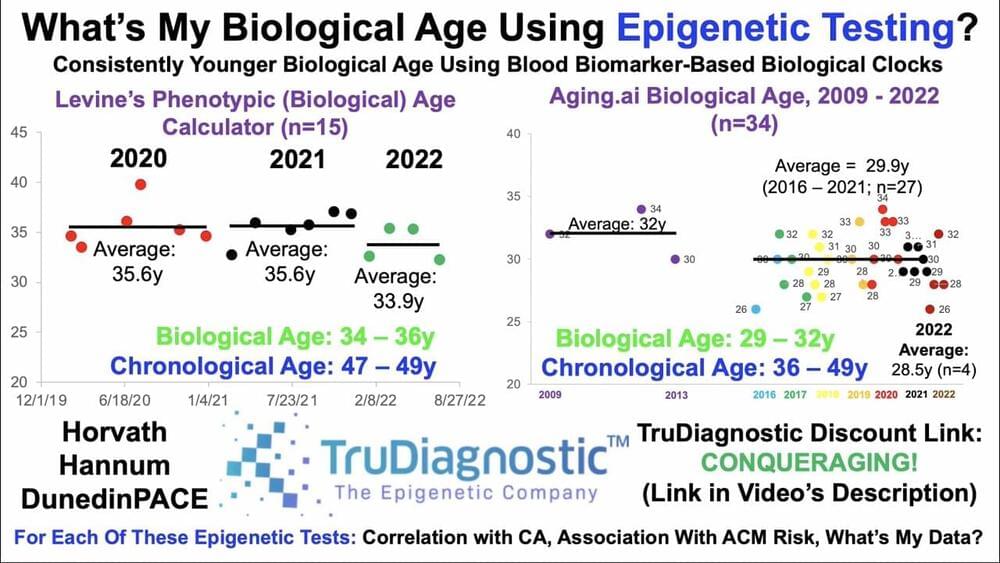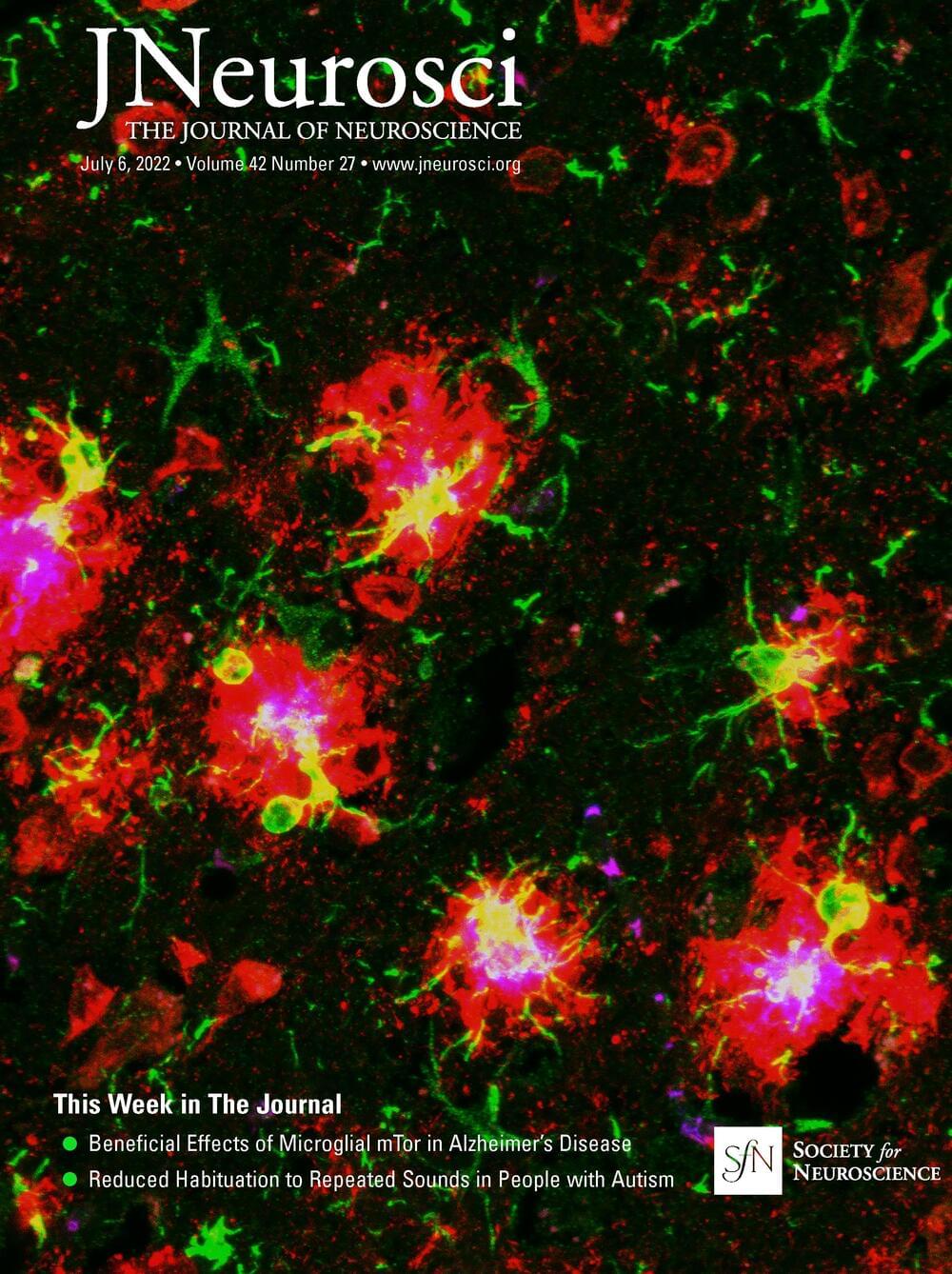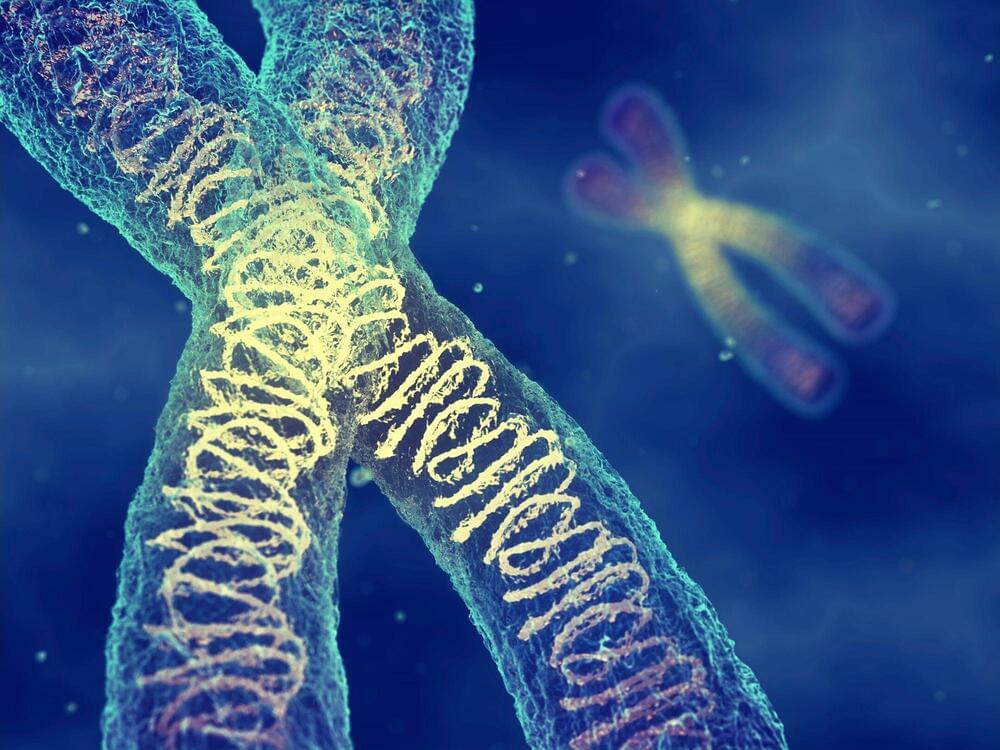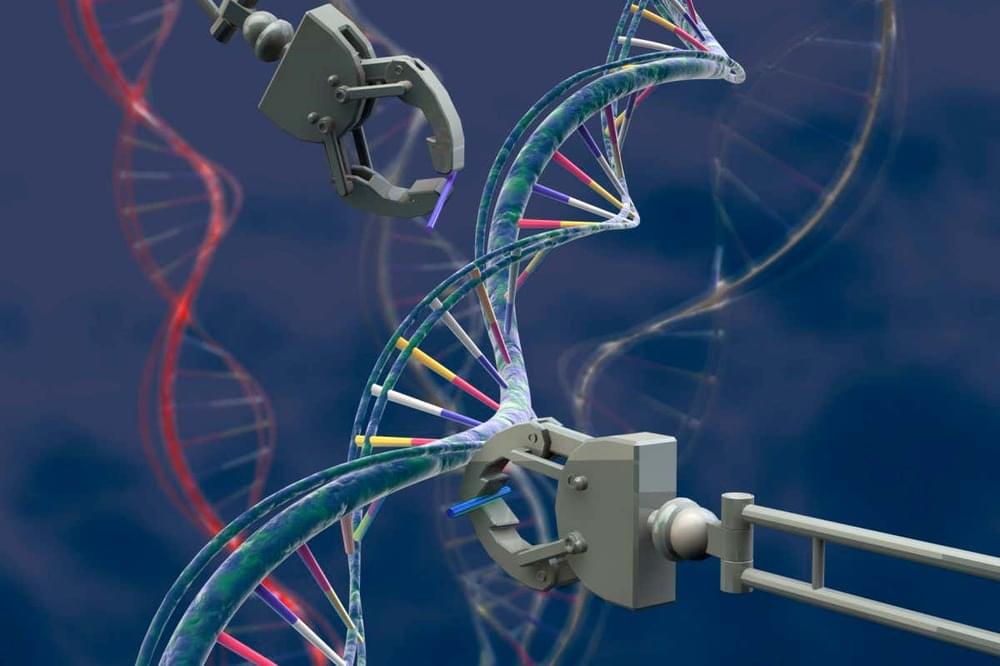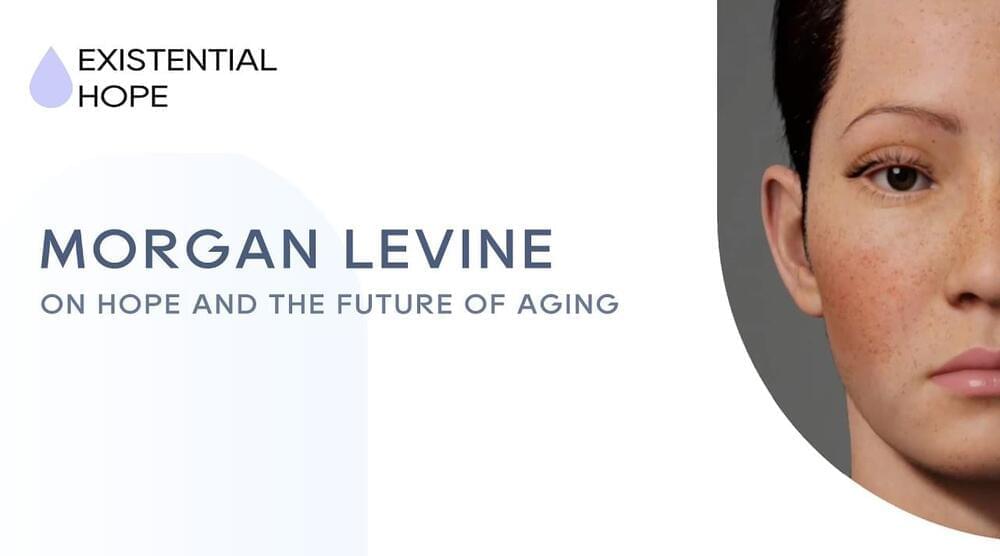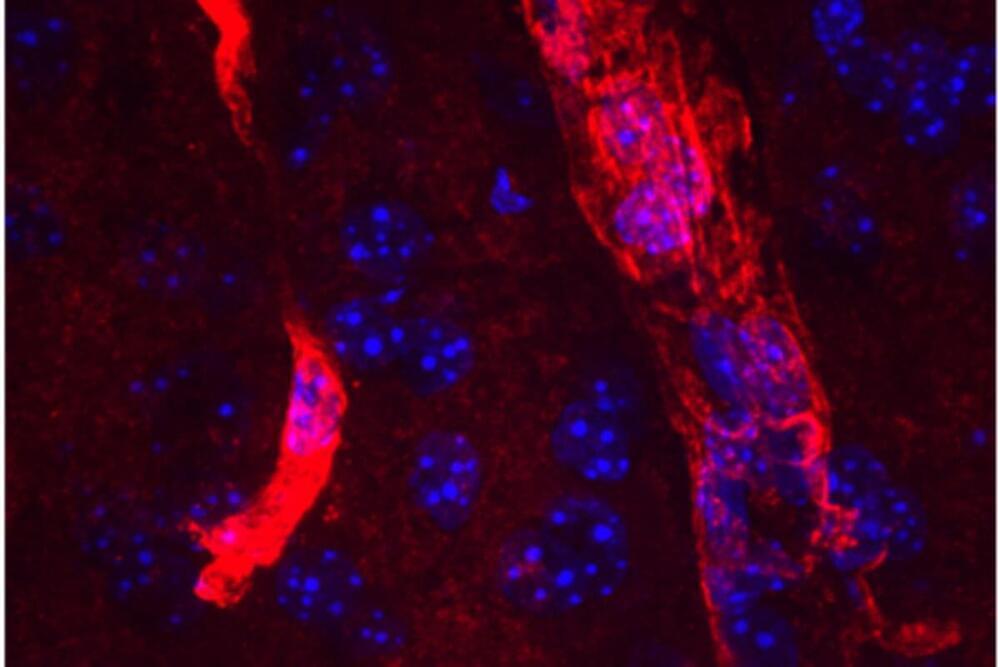Aug 28, 2022
Oldest case of a rare genetic condition discovered
Posted by Saúl Morales Rodriguéz in categories: biotech/medical, genetics
A group of international researchers has uncovered evidence of a super rare genetic condition that gives men an extra X chromosome, reporting the oldest clinical case of Klinefelter syndrome to date.
The evidence comes from a 1,000-year-old skeleton from Portugal.
Klinefelter syndrome is a rare genetic condition where individuals are born with an extra copy of the X chromosome, occurring in approximately one in 1,000 genetic-male births.
